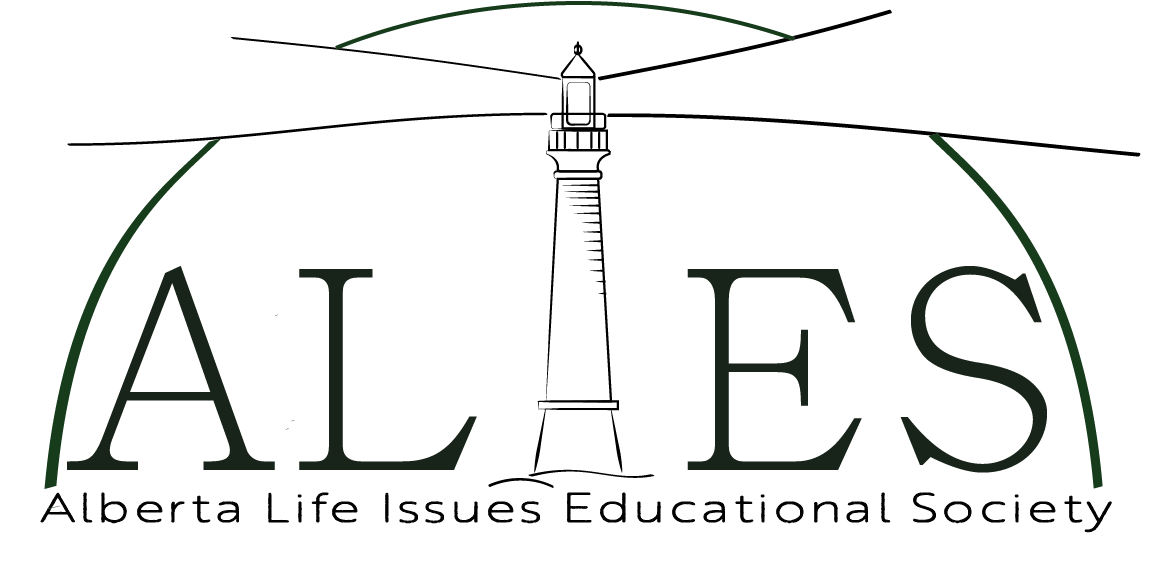The Importance of Language when Creating a Culture of Life: Assisted Suicide
Updated: Feb 23
If you've read 1984 by George Orwell, you've likely considered how powerful language can be when it comes to shaping a society. In his dystopian novel, the totalitarian regime overtakes the private lives of individuals in numerous ways - the most chilling method being the control of language. This isn't as outlandish of an idea most may think, and it plays a large role in the movements that advocate for both assisted suicide and abortion. The words we use frame our perspective - and it's important that we chose words that accurately describe what we are talking about.
There are many euphemisms which are used to describe assisted suicide. Euphemisms mask the severity of the topic being addressed and tend to disassociate consequences from the action. Euthanasia is a common one most of us may find ourselves using. More recently, the term MAiD (Medical Assistance in Dying) has been used more frequently in Canada. These terms distract us from what the reality of suicide is. No matter what it is called, the intentional choice of an individual to die is called suicide. Recognizing this allows us to re-frame the conversation to the vital question: is suicide ever okay?
"Suicide is somehow, simultaneously, the ultimate self-harm and a medical service, both a tragedy and a supposed right."
- From A Guide to Discussing Assisted Suicide by Blaise Alleyne and Jonathon Van Maren.
Euthanasia
The term 'euthanasia' is a combination of Greek words meaning 'good death'. The meaning behind the name focuses on the idea that it's good for someone to control when their time comes to pass away, and in a way that is not sudden and catches loved ones off guard when it otherwise happens unexpectedly. This term masks the action of suicide by focusing on a good intention.
MAiD
The full term: 'Medical Assistance in Dying' describes assisted suicide as if it is palliative care. The words 'medical assistance' would typically entail assistance in preserving life, not ending it. The word 'dying', in this case, replaces what would more accurately be the word 'suicide'. Wouldn't an intentional drug overdose also qualify as "Medical Assistance in Dying?"
By using words like 'euthanasia' and 'MAiD', we put emphasis on the idea that these are not only routine procedures, but good. We lose sight of the fact these are different terms to describe the same thing: suicide.
Assisted Suicide
The term assisted suicide is the most honest one of all to truly describe this topic. It is the termination of one's own life with assistance. There isn't a way to describe self-killing more accurately than the word 'suicide'. To have it any other way would be dishonest and deceptive.
Blaise Alleyne and Jonathon Van Maren explain this in their book: "Suicide is somehow, simultaneously, the ultimate self-harm and a medical service, both a tragedy and a supposed right." As pro-lifers, we are called to remove the blurred lines between suicide that happens with the help of a physician, and suicide that an individual completes by themselves. This allows us to get to the root of this issue:
Is assisted suicide ever okay? Is suicide ever okay?
Who deserves the right to suicide? Who doesn't?
Should we ever favor suicide assistance over suicide prevention?
Words have power. Sometimes, all the difference can be made by choosing the right ones. Through language alone, we can work towards creating a culture of life.
Since 2016, assisted suicide has been legal in Canada. This is an issue that is important to talk about. The assisted suicide rate has skyrocketed as a result of this legalization. Individuals who are lonely, depressed, and in need of palliative care or other interventions are instead given the option to end their lives.
A Guide to Assisted Suicide by Blaise Alleyne and Jonathon Van Maren is an invaluable resource for any pro-lifer. Less than 100 pages, it's a book that you will pick up to reference often. ALIES and The Back Porch is excited to feature Blaise Alleyne as our keynote speaker for our educational event this August 2020. He will lead us through the content of his book and provide a thought-provoking case for life. If you want to attend, register for free at the link here.
